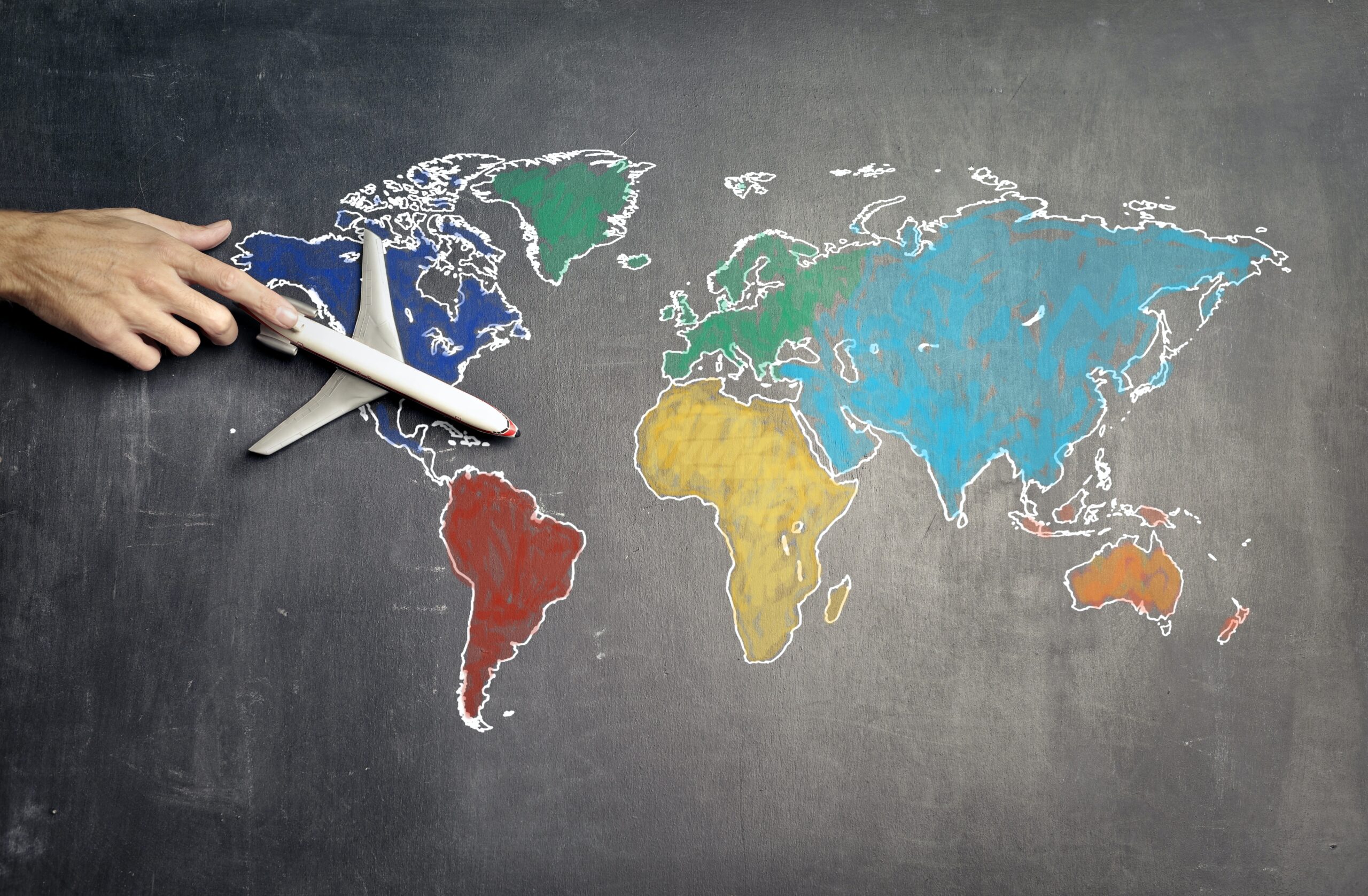The name “South Africa” refers to the southernmost region of the African continent, which includes the countries of South Africa, Lesotho, and Swaziland. The name has a long and complex history that is rooted in the region’s geography, political boundaries, and colonial history.
The earliest known use of the name “South Africa” can be traced back to the 16th century when Portuguese navigators first explored the southern coast of Africa. The Portuguese named the region “Terra de Santa Cruz” or “Land of the Holy Cross,” in reference to the crosses that they planted along the coastline to mark their territories.
During the 18th century, the Dutch established a colony in the region, which they named “De Kaap” or “The Cape.” The name “The Cape” referred to the natural feature of the Cape of Good Hope, which was an important point of reference for navigators as they rounded the southern tip of Africa.
In the 19th century, the British took control of the Cape Colony and expanded their territories further into the interior of South Africa. The British named their new colony the “Cape of Good Hope,” in reference to the natural feature of the cape.
As the colony expanded, the name “South Africa” began to be used to refer to the entire region. The name “South Africa” was officially adopted in 1910, when the Union of South Africa was formed as a self-governing colony of the British Empire.
In summary, the name “South Africa” was coined as a combination of the Portuguese “Terra de Santa Cruz” and the Dutch “De Kaap” and British “Cape of Good Hope”, to refer to the southernmost region of the African continent, with the name officially adopted in 1910 when the Union of South Africa was formed.


